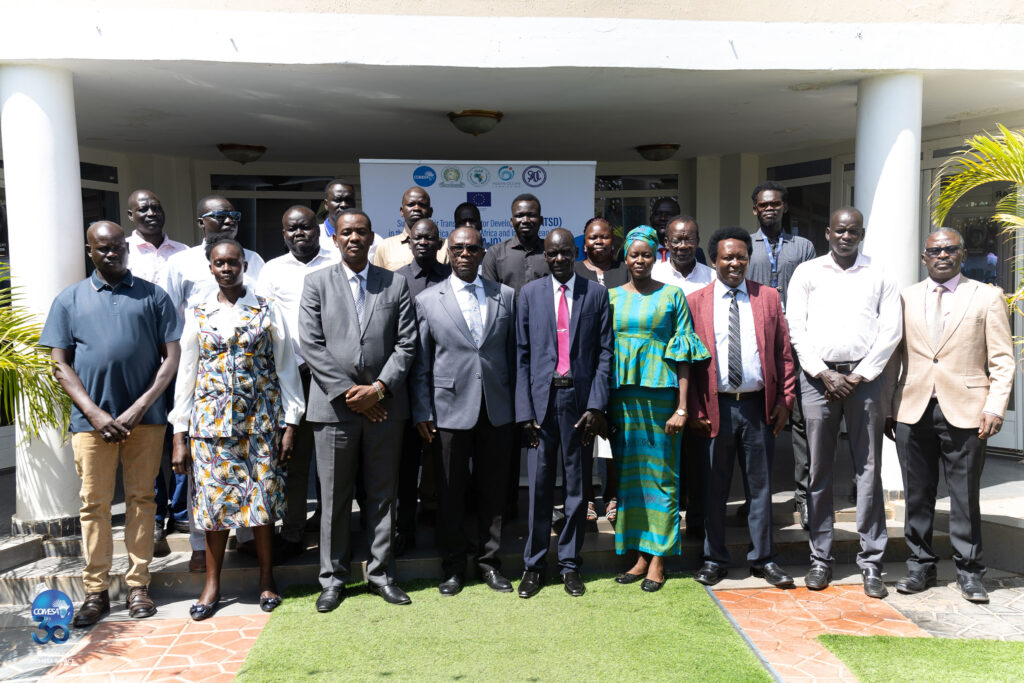
COMESA and the East African Community (EAC) recently conducted a four-day sensitization workshop in Juba, South Sudan, on aviation safety focusing on enhancing compliance with the Abuja Safety Targets (ASTs), adopted in 2012.
The Abuja Declaration on Aviation Safety in Africa addresses key areas like establishing autonomous civil aviation authorities and implementing international safety protocols. It also aims to reduce high accident rates in African airspace and promote safe, efficient, and seamless aviation operations.
The workshop held 19-22 May 2025 was supported under the Support to Air Transport Sector Development (SATSD) in the Eastern Africa, Southern Africa, and Indian Ocean (EA-SA-IO) Region.
South Sudan’s Civil Aviation Authority (SSCAA) faces challenges, such as inadequate trained and certified personnel due to high training, licensing, and funding costs.
The baseline study showed that most Member States have implemented State Safety Programs and Safety Management Systems programs, and Windhoek Aviation Security and Facilitation Targets. However, challenges persist in achieving Abuja safety targets and SMS implementation due to resource constraints and limited awareness and technical capacity.
Dr. Zacharia Kingori, COMESA Senior Transport Economist, noted that only one of the five surveyed Member States had achieved 60% Effective Implementation of the Abuja Safety Targets.
Mr. Paul Rwegasha, EAC Principal Civil Aviation Officer, emphasized the workshop’s importance as South Sudan intensifies efforts to align its aviation sector with regional and international safety standards. The country is implementing a three-phase project to establish a comprehensive State Safety Oversight System, guided by the EAC Secretariat and supported by AFCAC and the European Union’s Aviation Safety in Africa initiative.
The first phase of the project, developing primary civil aviation legislation, regulations, and technical guidance materials, was successfully completed. South Sudan is now implementing its newly promulgated Civil Aviation Act and Regulations, investing in aviation infrastructure and services, and meeting global standards.
Mr. Johnson Marun Telar, Director for State Safety Programs at SSCAA, emphasized the importance of training in ensuring safety and building staff capacity, noting that the workshop was crucial for South Sudan to learn about the Abuja Declaration on Aviation Safety in Africa.
“Our recent aviation legislation, signed last year by President Salva Kiir, is now fully implemented. We’ve also developed the first phase of the regulation with EAC Partner States, and finished phase two with support from other African countries. We’re now on the Abuja safety targets, based on these documents.”

